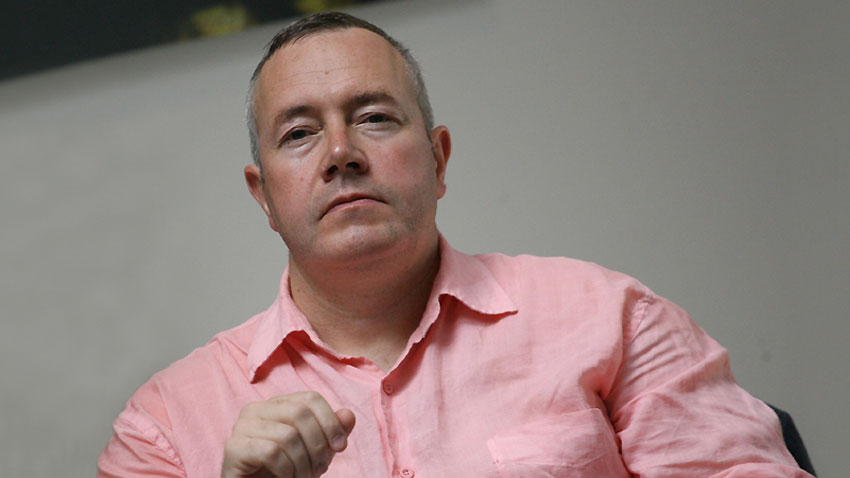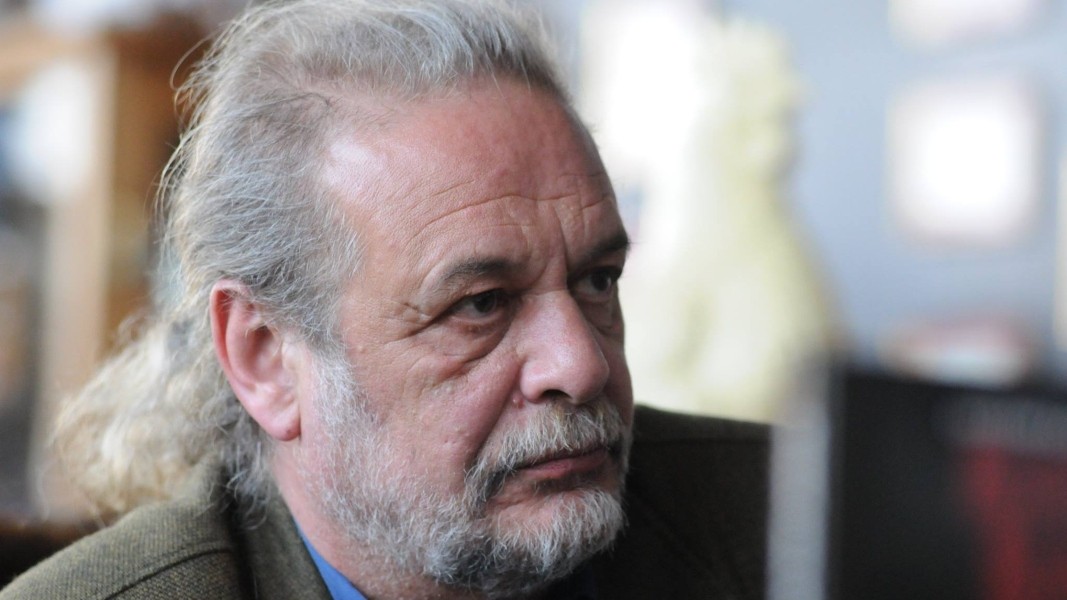The only cure for corporate voting is a maximum mobilization of voters: Evgenii Dainov
The election campaign for the parliamentary elections scheduled for 4 April has not started in Bulgaria yet, but experts and political observers have been making various forecasts, albeit tentatively.
At this time the predictions mostly concern the upcoming election campaign rather than the ideas or policies the various political formations are going to uphold. And the reason is simple – we do not know who will be on the electoral lists, nor do we know what the programmes of the candidates for the 45th National Assembly will be.
We are seeing an unusual situation. The crisis borne of the pandemic has instilled in people a fear for survival in combination with a power struggle. These are two very human but also very powerful lurches which, in calmer times, could have been restrained but which have now grown to be dominant, and that is something that will inevitably continue for some time, social anthropologist Haralan Alexandrov says in an interview for the BNR’s Horizont channel.

“I think that the Bulgarian people are going to force all political players into negotiation mode despite the criticisms and revulsion they have for each other,” he says in an interview for the BNR’s Horizont channel. “That is something that is going to happen because it is highly likely that it will be a motley parliament in which all viewpoints, attitudes, concerns and visions of the future will be represented to a sufficient degree. There is no surer way to stabilize any society than to have all viewpoints represented. Of course, for this to happen it will take maturity, sapience and a willingness by the political players to make acceptable compromises with one another.”
Even though leadership is very prominent in practically all parties, the people standing for the next parliament must not underestimate the figure of the President, even though he is not leader of any political formation.
“There is no doubt, however, that he has taken the position of leader of the critical view of what is happening in Bulgaria,” Haralan Alexandrov explains. “There are a great many people in the country for whom reality is a painful experience, who cannot accept it. They have the feeling that ours is an imperfect world, especially when they compare it to the more advanced societies. They need leadership like this, leadership that will hold this course, and the President is doing a great job at it.”
Tendencies like this in public perception are not difficult to explain in view of the fact that there is one party that has been at the helm of the country for over a decade with hardly any intermission.

“GERB constructed a socialist-type feudal model so as to become fused with the state, and they cannot exist if they are not in power. So, they will do anything within their power, using the state institutions they have occupied, to make sure there will be no decent elections,” comments political analyst Evgenii Dainov.
“Non-acceptance of the model created by the ruling party may well mean that some of their supporters are going to vote against them so as to break the hegemony they have in some regions and stop Boyko Borissov in his tracks,” Evgenii Dainov says.
As to the suspicions that the election might not be fair, he states that the only cure for corporate voting, which any of the big parties can avail themselves of in given regions of Bulgaria, is a maximum mobilization of voters for exercising their legitimate right to vote.
Interviews by Silvia Velikova and Petar Volgin, Horizont channel
Editing by Yoan Kolev
Translated from the Bulgarian by Milena Daynova
Photos courtesy of Evgenii Dainov and BGNESGreece introduces six-day working week for some businesses Greece has introduced a six-day working week for some industries in a bid to boost productivity and employment. The regulation, which went into effect on July..
Bulgarians are the third largest minority in Albania, according to the latest census data. These are the first official data on the number of Bulgarians in Albania, as the Bulgarian minority was only officially recognised in 2017. It was not until the last..
North Macedonia claims Bulgaria doesn’t have a project for a railway line along Corridor No. 8 The construction of the railway line from Kriva Palanka in North Macedonia to Bulgaria along corridor No. 8 could lose the EU funding because of tenders..

+359 2 9336 661
